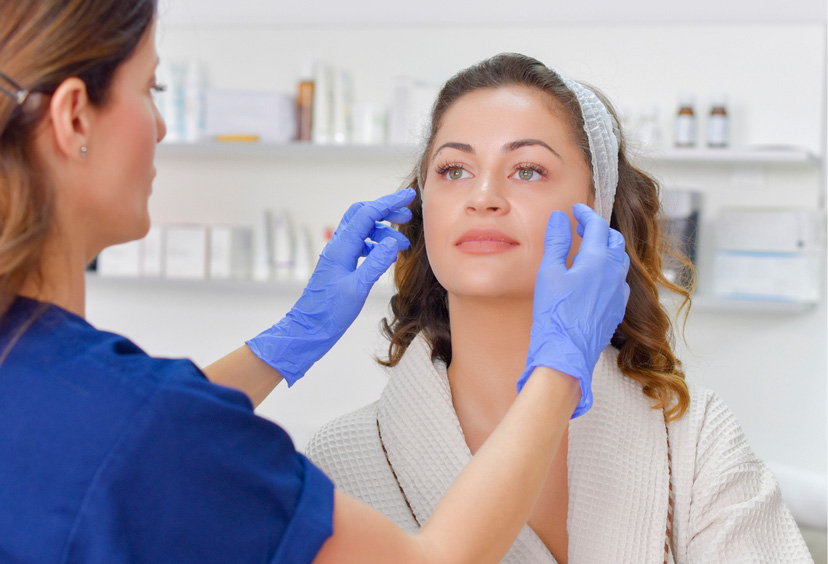AnteAGE MDX® Exosomes
Prepare to discover the latest advancement in regenerative aesthetics with AnteAGE MDX® Exosomes! Exosomes are lipid nanoparticles produced naturally by human cells, facilitating communication between them and regulating various biological functions. Although the body produces exosomes on its own, they can also be used topically on the skin to boost anti-aging and skin rejuvenation treatments significantly. This exosomal therapy enhances the effectiveness of various procedures, from clinical skincare to hair restoration and beyond!

What Are Exosomes?
Exosomes are tiny, nanometer-sized vesicles that regulate biological processes and facilitate communication between cells in the human body. Despite their small size, they carry a variety of important biomolecules, such as proteins, lipids (fats), and genetic material.
These qualities make exosomes essential for regulating and sharing information between cells. Exosomes’ characteristics reflect the cells they come from. For instance, exosomes derived from stem cells can regenerate and repair damaged tissues. AnteAGE MDX’s exosome solutions harness the regenerative power of stem cell exosomes.
Exosomes in Skincare
Naturally occurring in the body, exosomes play a crucial role in controlling cell growth and differentiation, helping maintain tissue balance. They coordinate cell activity and support tissue function by distributing key molecules like cytokines and growth factors throughout the body.
In clinical aesthetics, exosomes significantly enhance the effectiveness of anti-aging treatments by promoting cell turnover, repair, and rejuvenation. AnteAGE MDX’s Exosome solutions contain 10 billion exosomes loaded with growth factors and cytokines, optimizing the impact of each treatment.
What Kind of Exosomes Are in AnteAGE MDX?
AnteAGE MDX offers an advanced exosome solution, utilizing exosomes extracted from human bone marrow mesenchymal stem cells and human umbilical cord stem cells. This precise and dynamic formulation provides stability and effectiveness, setting a new industry standard.
Is AnteAGE MDX® Exosome Solution Safe?
Absolutely! AnteAGE MDX controls the entire process of culturing cells and manufacturing the exosome solution in its GMP-certified facility in Irvine, CA. With a dedicated team overseeing every aspect of production, it ensures a highly potent, safe, and effective treatment that meets clients’ aesthetic and cosmetic goals.
Does the Exosome Solution Contain Live Stem Cells?
No, it does not. Stem cells are cultured to extract the cytokines and growth factors used in the exosome solution, enhancing treatment results. After these molecules are harvested, the exosomes are filtered and purified from the media, leaving no live stem cells or remnants of stem cells in the final solution.
How Are Exosomes Manufactured?
AnteAGE MDX exosomes are sourced from human umbilical cord stromal cells and bone marrow (UC-MSC & BM-MSC). The production process involves several stages, including cell culture, media conditioning, exosome purification and characterization, and strict quality control measures. Each vial of exosomal fluid contains 10 billion exosomes, carefully processed to ensure maximum efficacy for aesthetic procedures.
The steps involved include:
- Exosome isolation
- Exosome filtration
- Exosome purification
- Exosome characterization
This extensive process ensures a revolutionary and effective product delivered straight from the lab to your aesthetic treatments.
The key ingredients in the Exosome solutions include:
- Phosphate-buffered saline.
- Exosomes from human bone marrow stem cells.
- Exosomes from human umbilical cord stem cells.
- Trehalose.